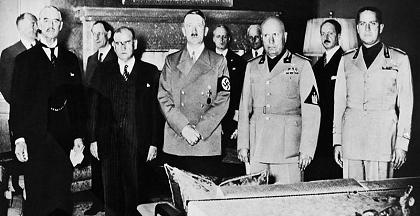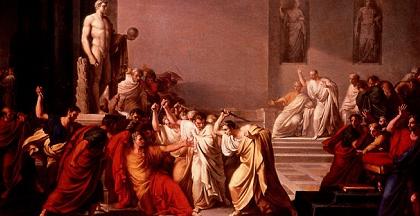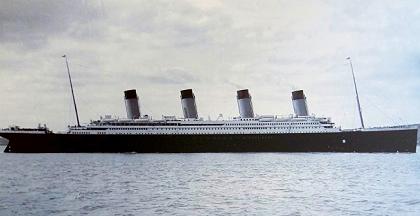Debbie Kilroy
Writer at GetHistoryHaving read history at the University of Birmingham as an undergraduate, where I won the Kenrick Prize, I worked as a trouble-shooter in the public sector until I took a career break in 2009. Thereafter, I was able to pursue my love of history and turn it into a career, founding Get History in 2014 with the aim of bringing accessible yet high quality history-telling and debate to a wide audience. Since then, I have completed a Masters in Historical Studies at the University of Oxford, from which I received a distinction and the Kellogg College Community Engagement and Impact Award. As well as continuing to write for and expand Get History, I am now a freelance writer and historian. I have worked with Histories of the Unexpected and Inside History, and my article for Parliaments, Estates and Representation won the ICHRPI Emile Lousse essay prize (2019).
The Latest from Debbie Kilroy
Appeasement: An Introduction
Just twenty years after the War to End All Wars, Britain was once again at war with Germany. With hindsight a second conflagration had seemed inevitable, so did Britain sleepwalk into a world war that could have been avoided?
The Assassination of Julius Caesar
On the Ides of March 44 BCE, one of the most famous men in history was assassinated. Julius Caesar, general and politician of the people, had risen too far. It was rumoured he wanted to be king and his very existence could ruin the Republic.
The Essex Rising
On Sunday 8 February 1601 a group of armed men, perhaps 300 strong and led by the petulant earl of Essex, marched through London. Their attempted coup failed: London would not rise, the plotters had no leverage, and the court was forewarned. The last ‘great’ noble revolt against the crown and its advisers fizzled to an inglorious end, its perpetrators fined, imprisoned, or executed.
The sinking of an unsinkable ship: Titanic
RMS Titanic hit an iceberg off the Grand Banks of Newfoundland at 11:40pm on 14 April 1912. Just two hours and forty minutes after the collision with the iceberg, RMS Titanic broke into two and sank. She crashed onto the ocean floor, almost 2.5 miles beneath the surface,
The End of an Era: The Death of Queen Elizabeth I
In the early hours of 24 March 1603 Queen Elizabeth I died quietly in her palace at Richmond. But for those living through those hours of her final decline, it was a time of fear as well as of hope: change was not always to be welcomed and, in not naming an heir, the queen had protected her own position at the expense of a potential future civil war.
Sir Walter Ralegh’s Weird and Wonderful ‘Discovery of Guiana'
When Sir Walter Ralegh visited South America in 1595, he fell in love with it – or at least in love with the idea of what it could do for him.






-listing-main.jpg)
